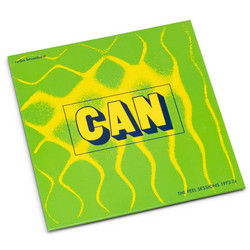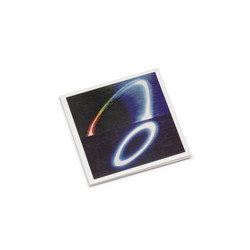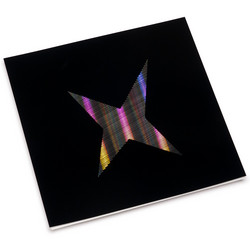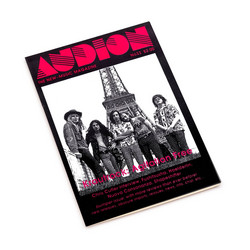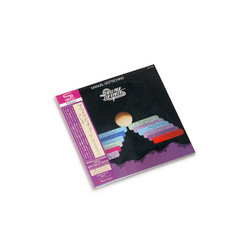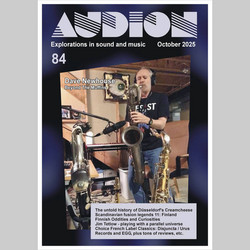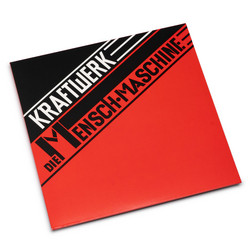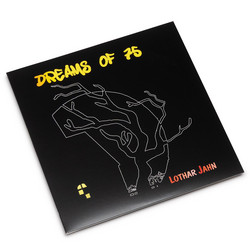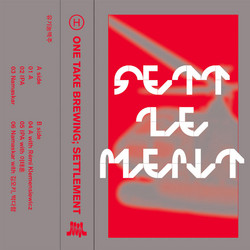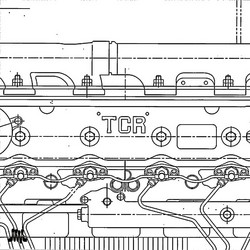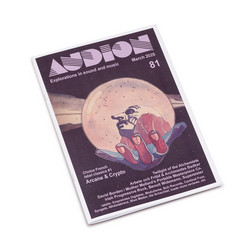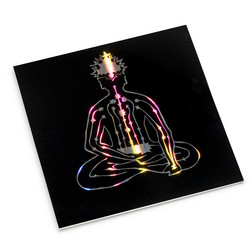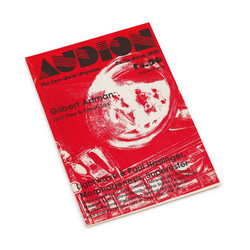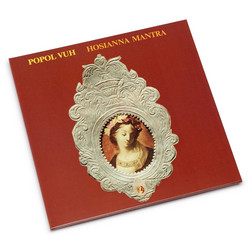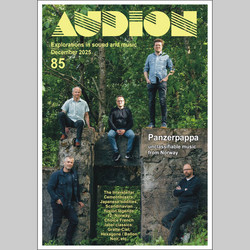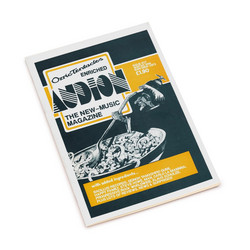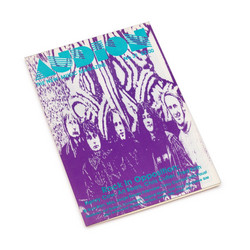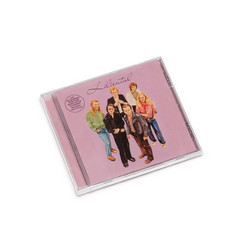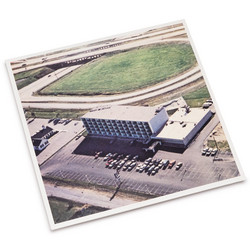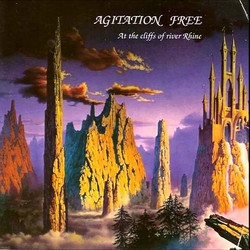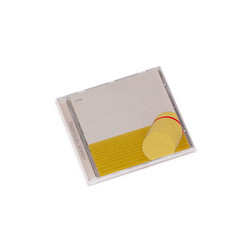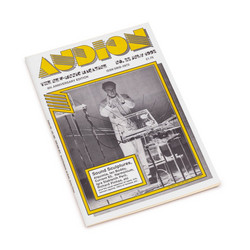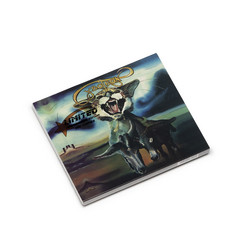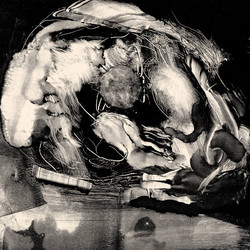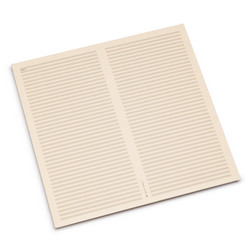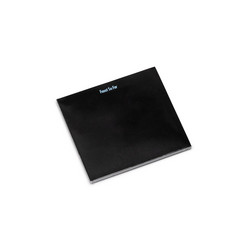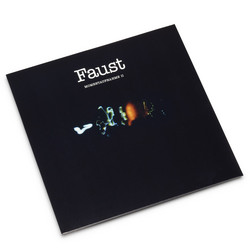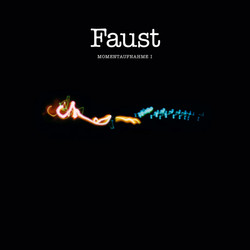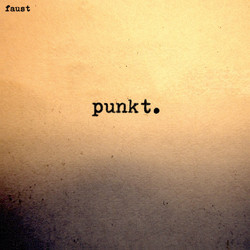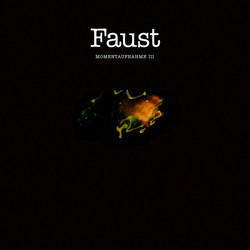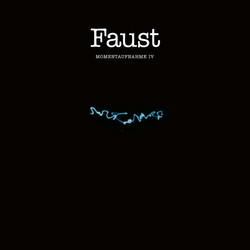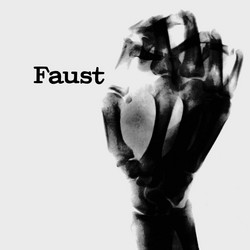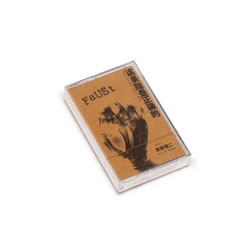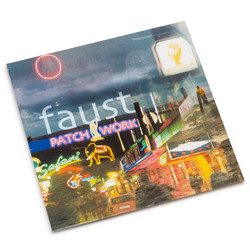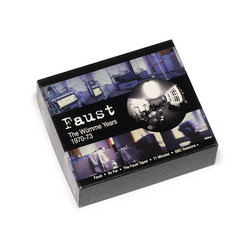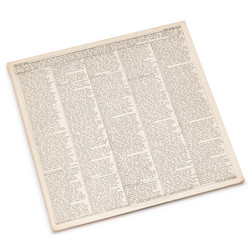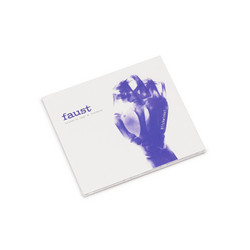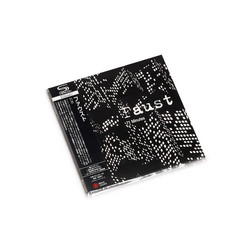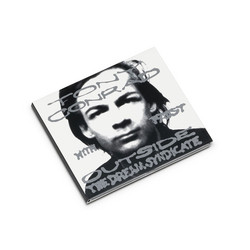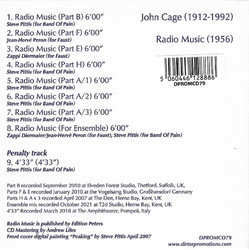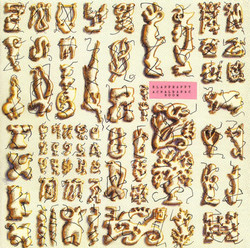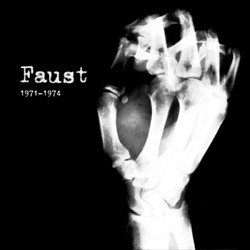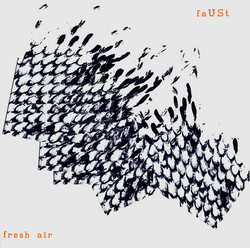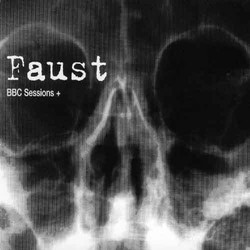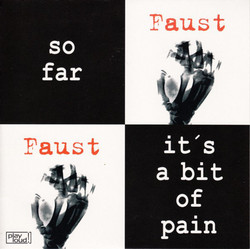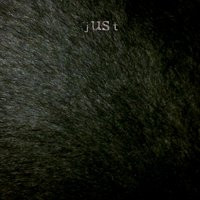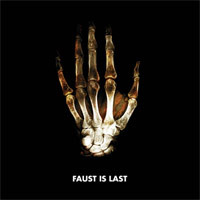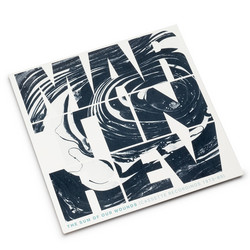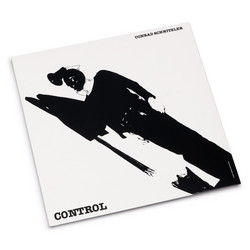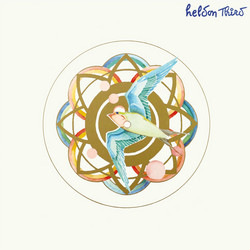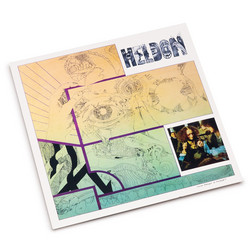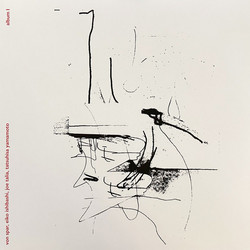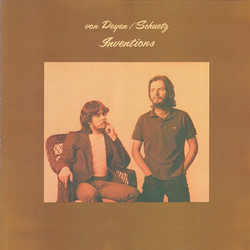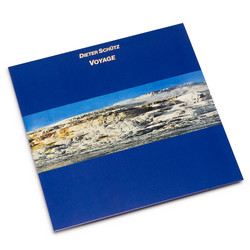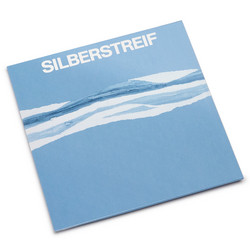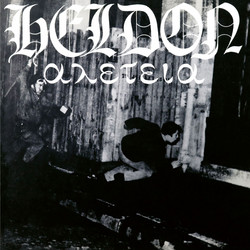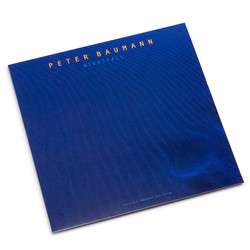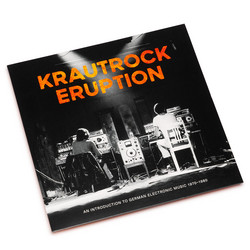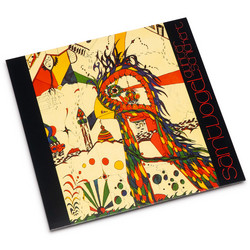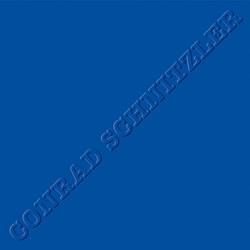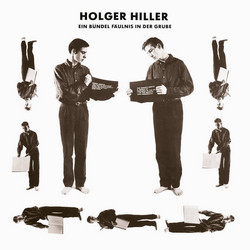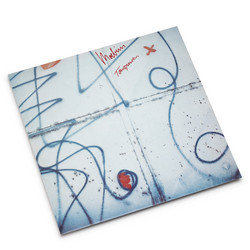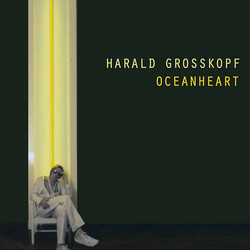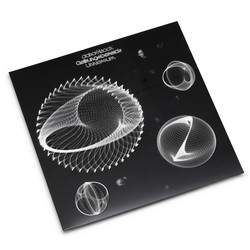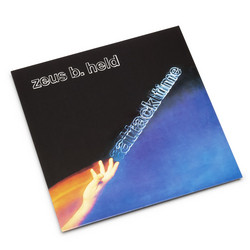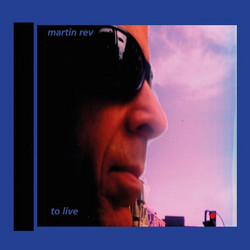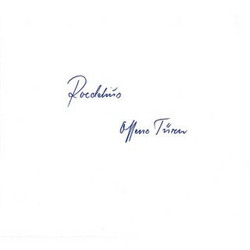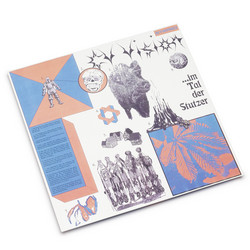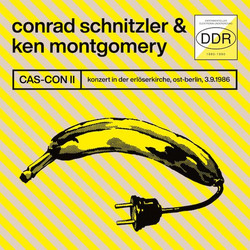By 1973, Faust had already rewired the circuits of German rock. Their first two albums exploded traditional song form with joyous disregard for continuity, coherence, or commercial appeal. The Faust Tapes, released earlier that year for 49 pence as a surreal sampler of their cut-and-paste genius, had earned them a curious British audience and the indulgence of Virgin Records. For a brief moment, it seemed as though Faust might finally play the game. Just a little. What emerged instead was Faust IV—their most paradoxical work. Accessible enough to lure listeners in, complex enough to keep them perpetually off-balance. And it nearly didn't happen at all.
For the first time, the band left their rustic headquarters in Wümme—a former schoolhouse in rural Lower Saxony, stuffed with cabling, hand-built electronics, and limitless weed—and entered the professional confines of The Manor, Virgin's newly christened studio in Oxfordshire. Richard Branson was betting on them. Sort of. The label had given Faust enough rope to either hang themselves or weave something remarkable. The band, characteristically, tried both. Gone was the radical freedom of the commune. In its place: deadlines, engineers who didn't understand what they were trying to do, and a rapidly dwindling budget. The sessions stretched on, grew increasingly fraught. Jean-Hervé Péron, Werner "Zappi" Diermaier, Hans Joachim Irmler, Rudolf Sosna, and Gunther Wüsthoff were used to working in their own time, on their own terms, with no one looking over their shoulders. The Manor had clocks. It had schedules. It had people asking when the album would be finished, and what the single was.
What do you do when you're Faust and someone asks for a single? You give them "Krautrock," a ten-minute piece whose title is either self-aware joke or middle finger, depending on how you hear it. It grooves—genuinely grooves—with a motorik pulse that nods to Neu! and Can, then gradually disintegrates into tape manipulation and studio trickery. It's catchy enough to be a hit, weird enough to ensure it never would be. Perfect. Faust IV is the result of this collision: part studio artifact, part salvage operation, part séance. Some material was recorded fresh at The Manor. Other fragments were pulled from earlier experiments in Wümme, spliced in like memories or ghosts. The album doesn't announce which is which. It doesn't care about your need for context or chronology. It simply unfolds—song-like structures that dissolve mid-thought, ambient passages that coalesce into rhythm, melodies that appear, disappear, reappear transformed.
"Jennifer" opens the album with something almost resembling a pop song—guitar, bass, drums, vocals in actual English. But listen closer: the timing is slightly wrong, the harmonies slightly sour, the arrangement subtly destabilized. It's Faust pretending to be a rock band, or a rock band haunted by Faust. "Just a Second (Starts Like That!)" fragments into competing time signatures and overlapping loops, a rhythmic puzzle with no solution. "Picnic on a Frozen River, Deuxième Tableux" drifts into ambient territory—sparse, cold, beautiful—before "Giggy Smile" kicks in with garage-rock energy filtered through tape echo and distortion. The album is uneven, restless, full of contradictions. That's exactly what makes it compelling. Its rough edges and loose threads sit right alongside moments of real focus, giving the sense of a band following ideas wherever they lead. Rather than polish things smooth, Faust left the seams visible. You hear the edits, the splices, the moments where one idea crashes into another without transition. This isn't sloppiness—it's method. Faust understood that perfection is boring, that the most interesting music happens in the gaps between intentions.
Nearly half a century on, Faust IV remains vital precisely because it refuses resolution. It's neither their most radical album (that's still the debut) nor their most accessible (arguably The Faust Tapes, if only because you could afford it). It occupies a strange middle ground—inviting and alienating, coherent and chaotic, finished and gloriously unfinished. If Faust had set out to build a new language for rock music, Faust IV shows them mid-sentence, trailing off, cracking jokes, then suddenly profound. The Manor sessions were supposed to tame them, make them marketable, turn their anarchic energy into something Virgin could sell to the masses. Instead, Faust made an album that documented the impossibility of that task—an album about what happens when uncompromising artists meet industry expectations and refuse to blink first.
Bureau B now presents Faust IV on clear vinyl—transparent, like the music itself, which hides nothing and reveals everything. For anyone attempting to understand krautrock's golden age, when German bands were systematically dismantling Anglo-American rock conventions and rebuilding them into something stranger and more beautiful, this album is essential. It's not the endpoint of Faust's trajectory (they'd continue, in various forms, for decades). It's the moment when they proved you could enter the commercial system without being consumed by it, could make concessions without compromising, could play the game while changing its rules.
Don't expect to follow the conversation. Just keep listening. The Manor sessions, for all their constraints and compromises, captured Faust at a peculiar crossroads—no longer pure experimentalists locked in their commune, not yet whatever came after. Faust IV is the sound of that threshold, that liminal space where anything could happen and frequently did. Mischievous, mysterious, gloriously incomplete.
